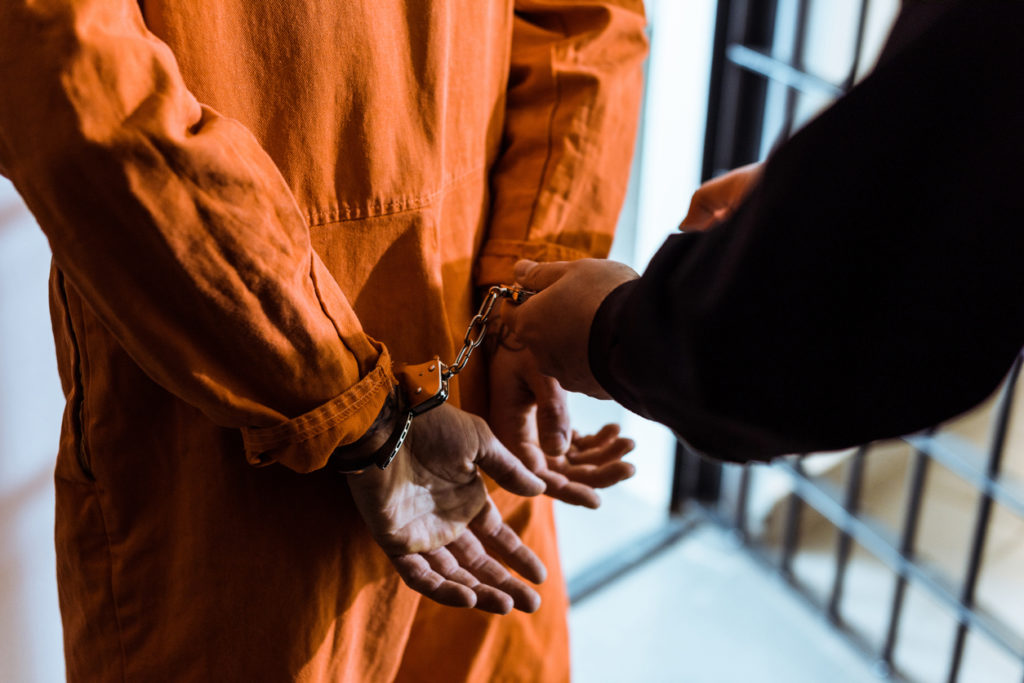Chico Jesus Diaz Dies in Dallas, Texas Police Department Custody

The Dallas Police Department, in Dallas, Texas, filed a report regarding the custodial death of Chico Jesus Diaz. Mr. Diaz was only 29 years old at the time of his death. We provide in this post information we obtained from that publicly-filed report, and we make no allegation of any wrongdoing against anyone.
The summary portion of the report reads in its entirety:
“On May 9, 2021 at approximately 2:00 pm, Methodist Charlton Medical Center Police were dispatched to the emergency room #44 regarding the victim, Chico Jesus Diaz L/M/XX-XX-1991, starting a fire in the hospital room. The officers made contact with the victim and placed him under arrest for Arson. The victim had been arrested the day prior for a APPOW, after exhibiting mental/medical condition. As officers escorted the victim to the police car, the victim exhibited signs of medical duress. The victim was then placed in the police car for transport. The victim complained he was hot and began speaking in slurred speech. The victim then passed out and unconscious. The victim was taken by the police officer into the hospital where emergency medical staff treated and attempted to resuscitation the victim. The victim remained unresponsive and was pronounced deceased by Dr. Christopher Tallilerro at 4:34 p.m. Dallas Police were notified and responded to the location and investigated this incident, at the request of Methodist hospital police department.”
The “APPOW” reference relates to apprehension by peace officers without a warrant. Such apprehension is typically done pursuant to Chapter 573 of the Texas Health and Safety Code. Generally, that statute allows a police officer to take a person into custody if the police officer believes that the person has a mental illness, and because of that mental illness there’s a substantial risk of serious harm to that person or others unless the police officer immediately restrains the person. Police officers can take such a person into custody without a warrant. Since that was referenced regarding Mr. Diaz, we assume that he was having serious mental health issues, likely including and up to the fire he allegedly started in the emergency room.
The summary portion of the report does not provide a complete timeline. It is uncertain how long after the police officer saw Mr. Diaz exhibiting signs of medical duress, before he put Mr. Diaz into the police vehicle, until the police officer took Mr. Diaz back into the hospital for medical treatment. Hopefully, Mr. Diaz was not placed into the police vehicle for any extended period of time after the police officer saw that Mr. Diaz was exhibiting signs of medical distress.
The United States Constitution provides rights to those in police custody. Those rights, with regard to a person who has not been convicted, can arise under the 4th Amendment and or the 14th Amendment. The 4th Amendment protects a person from use of unreasonable, or excessive, force. The 14th Amendment provides certain guarantees, including the right to receive reasonable medical care. If a person does not receive reasonable medical care while in custody, and passes away as a result, then certain surviving family members may be able to file a lawsuit regarding constitutional violations.

